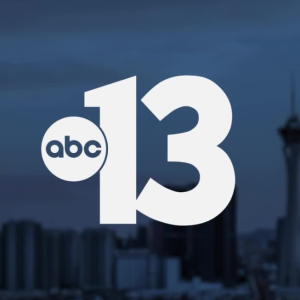HENDERSON (KTNV) — Across Southern Nevada, work continues to remove nonfunctional turf in order to help conserve water.
On Monday, City of Henderson crews will start the next phase of turf removal at Anthem Hills Park. The city is planning to remove 17,000 square feet of decorative turf, which the city says will save about 780,000 gallons of water every year.
By the time the project is fully completed in 2026, city officials said the entire project will save nearly 150 million gallons of water.
According to the City of Henderson, the city has finished turf removal and conversion projects at 11 of 51 parks and added 292 trees. Officials estimate it will save nearly 59 million gallons of water.
WATCH: Shade trees being uprooted at Henderson park. What's the deal?
Back in 2021, the Nevada legislature passed a bill that outlined changes in an effort to conserve water. Assembly Bill 356, which was signed into law, prohibits using water from the Colorado River to irrigate nonfunctional turf on certain property.
According to the Southern Nevada Water Authority, the law applies to commercial, multi-family, government, and other properties. It does not apply to grass in single family residences, such as grass in front and back yards.
In December 2021, the SNWA approved a resolution to ban installing irrigated grass in new commercial and residential developments. Grass will still be permitted in schools and parks for community use as well as cemeteries.
The SNWA does have a rebate program for those who are converting their grass to desert landscaping. Currently, businesses, HOA, and multifamily properties can receive $3 per square foot of grass remove, up to the first 10,000 square feet converted. You can then receive $1.50 per square foot thereafter per property.
However, starting on Jan. 1, 2025, that rebate will drop to $2 per square foot, up to the 10,000 square feet and $1 per square foot thereafter.
For residential properties, homeowners can receive $5 per square foot of grass removed for the first 10,000 square feet and $3.50 per square foot thereafter, per property, per fiscal year (July 1-June 30). However, the SNWA states the project must be completed in 2024.
You can learn more about the rebate programs here.
WATCH: Restrictions in grass rebate program for those wanting to save water



